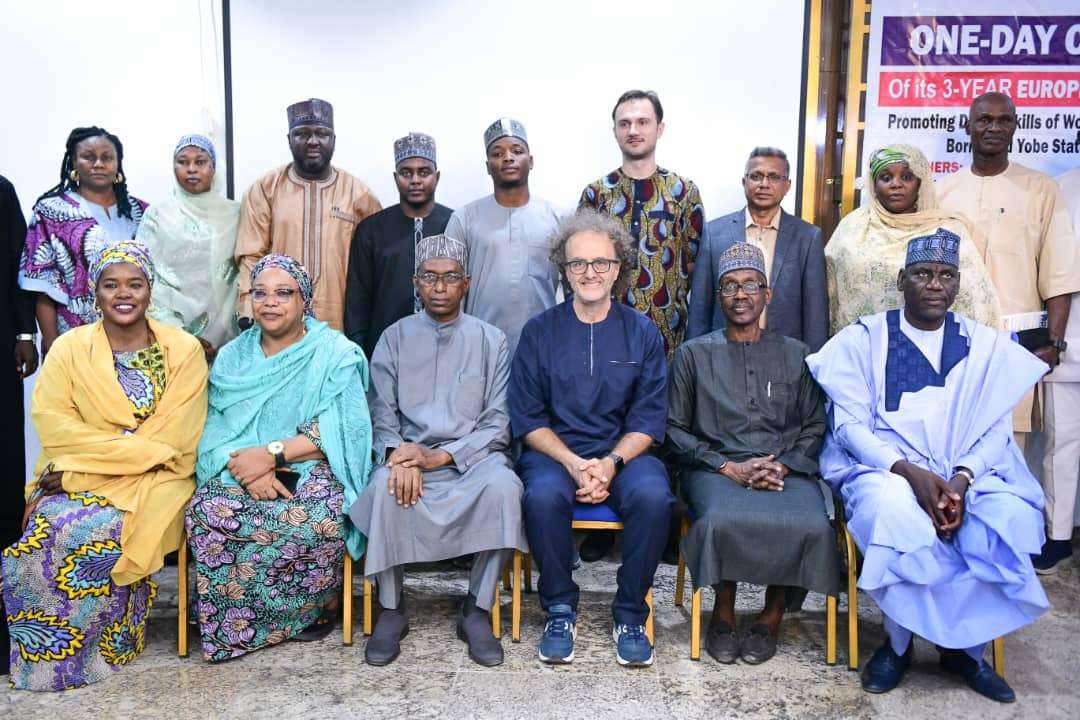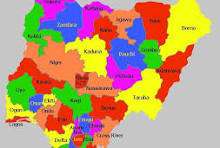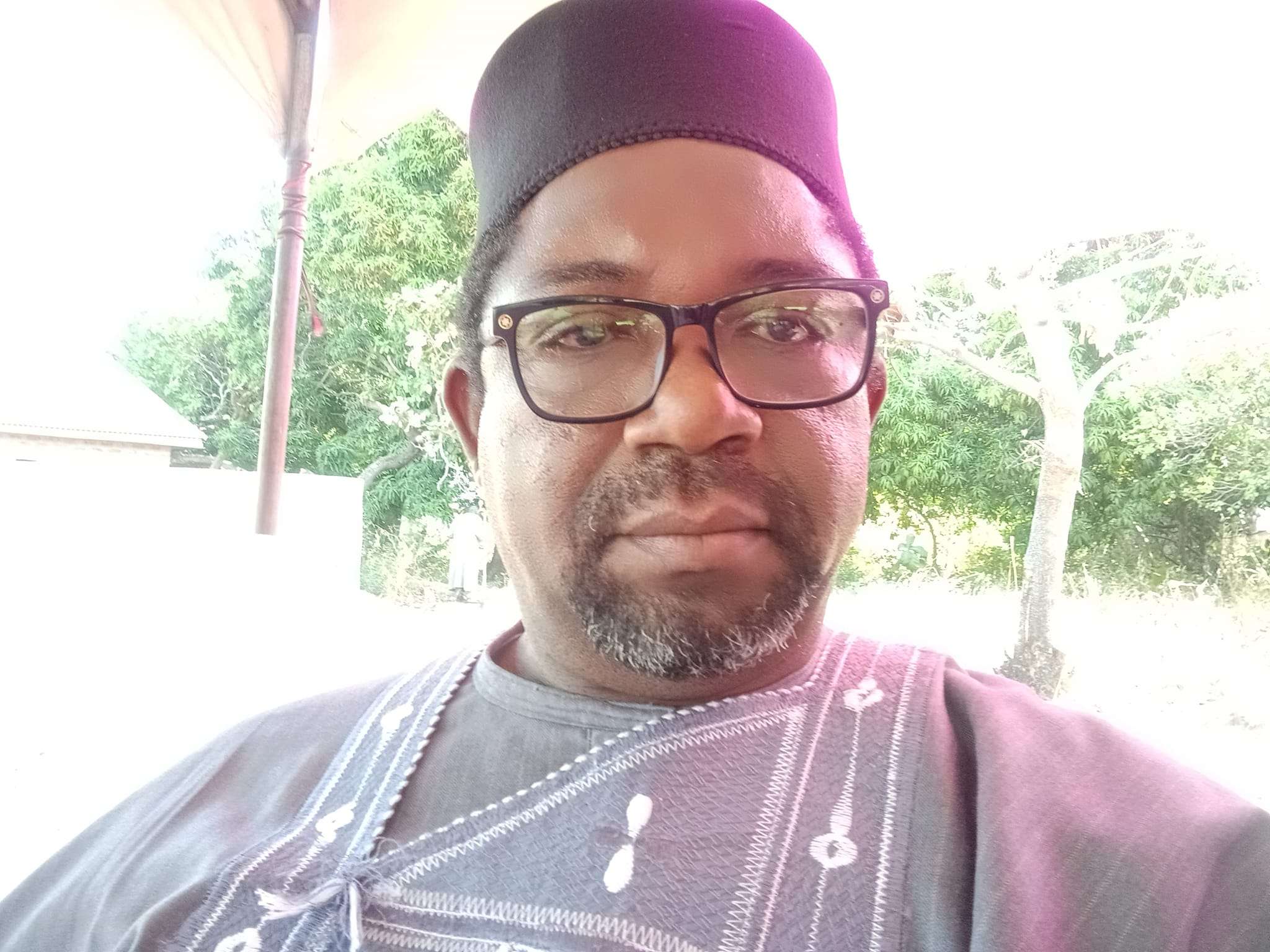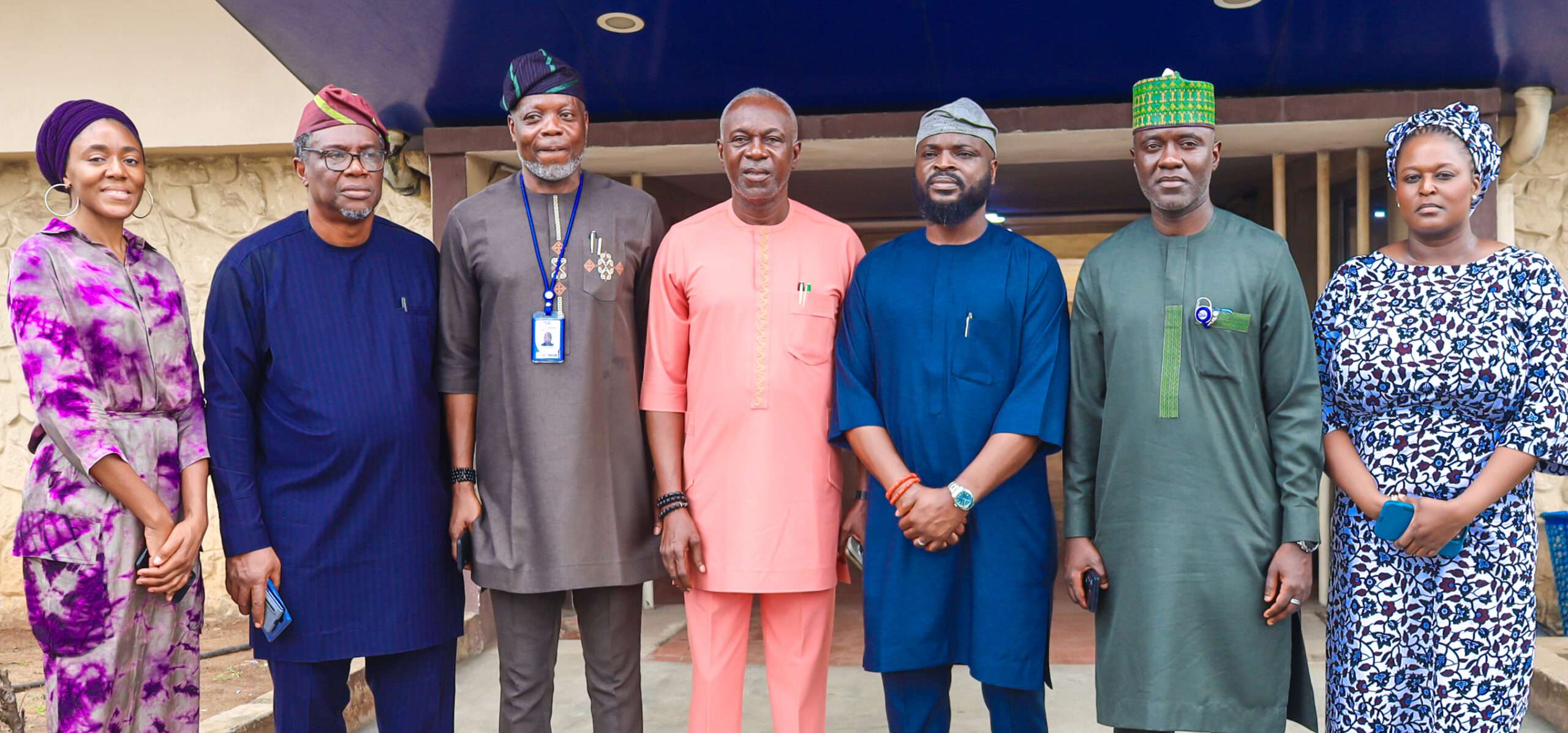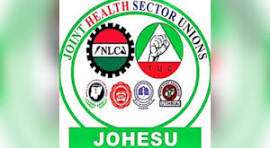By ‘Wale Sadeeq, News Agency of Nigeria (NAN)
How long can the euphoria that greeted the recent official adoption of African Democratic Congress (ADC) as the platform for the 2027 general elections by some key opposition figures in Nigeria last?
This is the germane question agitating the minds of some analysts and watchers of the unfolding political events in the country.
The political gladiators, after months of speculations, behind-the-scenes meetings and shifting of political alliances, eventually reached the decision, amidst pomp and pageantry, clicking of glasses and hysterical handshakes, to ride to power, come 2027 on the crest of their adopted party, ADC.
The opposition figures, led by former Vice-President Atiku Abubakar, included a former Transportation Minister, Rotimi Amaechi, ex-Governor Nasir El-Rufai of Kaduna State and former Justice Minister, Abubakar Malami.
The coalition’s roll call extended to other notable political heavyweights such as: ex-Governors Aminu Tambuwal (Sokoto), Liyel Imoke (Cross River), Gabriel Suswam (Benue), Emeka Ihedioha (Imo), Celestine Omehia (Rivers) and former APC National Chairman, John Oyegun.
A former Inspector-General of Police (IGP), Mohammed Abubakar, Sen. Ireti Kingibe, a former SGF, Babachir Lawal, Sen. Aishatu Binani; media entrepreneur, Dele Momodu, Sen. Dino Melaye; Prof. Olusola Eleka and Sen. Ishaku Abbo, among others, were also part of the coalition.
The adopted political party, ADC, which had hitherto been in relative obscurity, had since been taken over by the coalition leaders, with a former Senate President, David Mark and former Osun Governor, Rauf Aregbesola, emerging as the Interim National Chairman and Interim National Secretary respectively.
A former Minister of Youth and Sports, Bolaji Abdullahi, who was also appointed as the coalition’s Spokesperson, had since swung into action, holding news conferences and issuing press statements on various national issues on behalf of the party.
To demonstrate their enthusiasm and seriousness with their new move, some of the coalition leaders, particularly Atiku, Mark, Aregbesola, Malami and Amaechi have since announced their resignation from their former political parties.
However, others like El-Rufai and the 2023 presidential candidate of Labour Party, Peter Obi, have yet to publicly quit their former parties, even though they are key players in the coalition arrangement.
The party itself appears not to be taking things lying low, as it has unveiled plans to launch what it called a nationwide state convergence of coalition partners.
The convergence, according to ADC, is aimed at bringing together political parties, civil society organisations, labour unions and citizens aligned with its vision ‘for a united, inclusive political movement’.
However, there appears to be growing concerns about the possibility of ADC serving as a veritable hub for the 2027 race.
Indeed, analysts are somewhat sceptical that the euphoria, nay honeymoon, that greeted the coalition may, after all, pale into insignificance, basing their scepticism on certain developments soon after the arrangement was made public.
For instance, they said that no sooner had the opposition figures announced the birth of the coalition than three of the principal promoters: Abubakar, Obi and Amaechi announced their interest in seeking ADC’s presidential ticket.
According to the analysts, the declaration of presidential interest by the leaders, aside being too early, especially in a party that had just been adopted, may be also give them away as being too desperate and power-hungry.
They expressed the fear that if not properly handled, individual ambitions among the political gladiators may put paid to whatever might be the motive behind the coalition arrangement, thus constituting the beginning of the problem for the party.
Perhaps another issue is the need for the leadership of the party to state, in clear term, what it stands for and what it is offering Nigerians, better than the ruling All Progressives Congress (APC).
“For this coalition to stand out, it must earn its legitimacy. And that legitimacy will come from clarity,” said a public affairs analyst, Halimah Sanda.
“What does the coalition stand for? Beyond the goal of defeating the APC, what is it offering? How will it handle education, health, security, jobs and the economy?
“What percentage of key positions is being set aside for young Nigerians, not just as foot soldiers but as true decision-makers?”
“Beyond the headlines and the handshake photos, this is really about us (Nigerians), about what kind of leadership is being imagined for the next generation. Whether it’s true change or another recycled script, the story is still being written.
“A storm is brewing, still in the end, what truly matters is nurturing a democratic culture where ideas compete, service defines politics, and both rivalry and friendship are rooted in dignity,” Sanda stated.
Also, a former presidential media aide, Laolu Akande, argued that the party has failed to provide any compelling reason to convince Nigerians that it offers a credible alternative to the ruling APC.
According to him, the coalition is largely comprised of familiar political figures who are driven more by personal grievances than genuine national interest.
“I think the APC has better arrangements,” Akande said, emphasising that the opposition’s main goal appears to be ousting President Bola Tinubu without offering concrete alternative to Nigerians.
He also queried the presence of those he called career politicians at the helm of the opposition movement, noting that they are unlikely to inspire public confidence.
Speculations are also rife that Obi may eventually dump the opposition coalition and probably fly the Labour Party’s presidential ticket as he did in 2023.
One of those behind the speculations, Benjamin Kolowei, an activist and leader of the South-South Emerging Leaders’ Forum, said that Obi has been trying to compel ADC to zone its presidential ticket to the South.
Kolowei noted that if the former governor does not succeed in swinging the presidential ticket to the south, he may eventually quit the coalition and seek refuge in another party, possible Labour Party.
This might have given rise to the belief in some quarters that Obi’s game plan is to continue with the coalition arrangement while still maintaining his membership of Labour Party.
This belief may after all not be out of place, as Obi was in Awka during the recent official flag-off of the campaign of Anambra governorship candidate of Labour Party, Dr George Muoghalu.
Besides, the appearances of Obi’s vice-presidential candidate in the 2023 election, Dr Datti Baba-Ahmed particularly at the activities of the Julius Abure-faction of Labour Party is also largely seen as probably being part of the plans to court the faction for his possible come-back.
For Amaechi, who has also been canvassing a four-year single term like Obi, anyone who emerges as the presidential flag bearer of the party should be supported, going by his recent pronouncements.
Given his political antecedents, Atiku may not want to back down from the pursuit of the ADC presidential ticket, irrespective of the position of Obi, Amaechi or any other leader of the party.
Analysts, however, believe that the handling of the imminent clash of interests on who flies ADC’s presidential ticket among the political gladiators by the party leadership will go a long way in determining how long the hysteria that had greeted the coalition arrangement will last.
According to them, it will also largely determine the readiness or otherwise of the party, which has once again been shot into national prominence, in serving as a veritable vehicle for actualising the mission of the promoters of the coalition arrangement toward the 2027 general elections. (NANFeatures)
Credit: News Agency of Nigeria NAN




